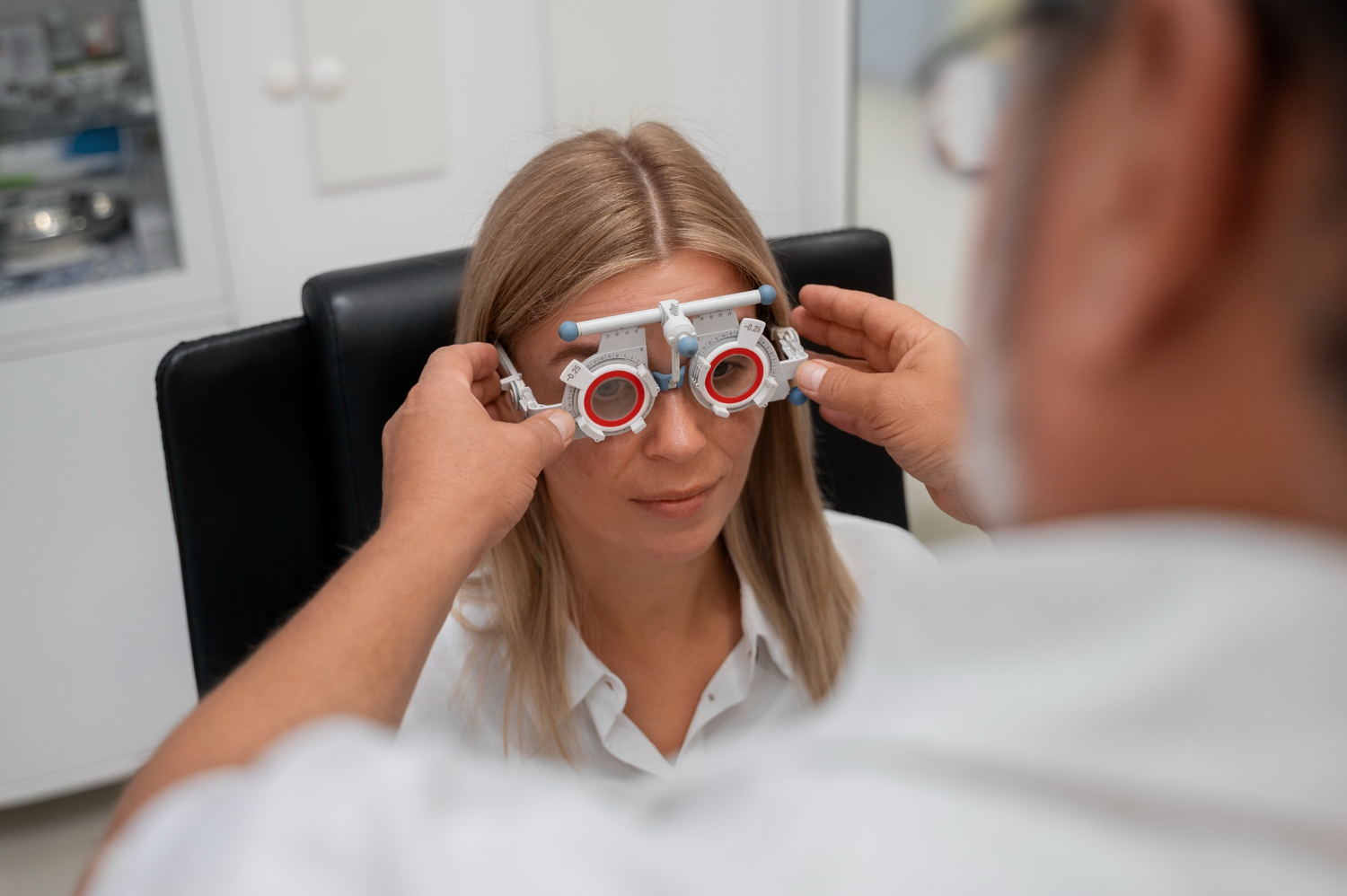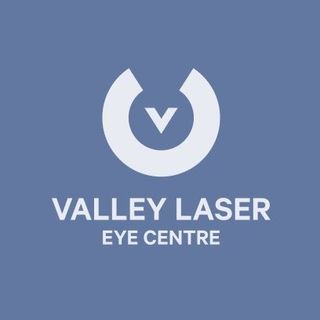It is commonly believed that eyesight is a very important sense, and that it is necessary to take care of it to maintain good vision. However, there are a number of myths surrounding eyesight that can lead people to believe that they need to do more than they actually do in order to keep their vision healthy.
In this article, we will dispel some of the most common myths about eyesight and reveal the truth behind them.
1. People Can Improve Their Eyesight Naturally
It’s a common belief that you can naturally improve your eyesight by eating certain foods or exercising your eyes. However, there is no scientific evidence to support these claims. The truth is that most vision problems are caused by factors that cannot be changed, such as genetics or age.
That being said, there are some things you can do to help preserve your vision and prevent further deterioration.
For example, quitting smoking and wearing sunglasses or contact lenses when outside can help reduce your risk of developing cataracts or macular degeneration. Eating a healthy diet and exercising regularly can also help reduce your risk of developing these conditions.
2. Cataracts and Glaucoma Only Happen to Old People
The answer may surprise you, but cataracts and glaucoma can affect people of all ages! While it’s true that the risk of developing these conditions does increase with age, many other factors can contribute to their development, including genetics, lifestyle choices, and underlying health conditions.
Cataracts are a clouding of the eye’s lens. While they typically occur in older adults, they can also develop in younger people due to trauma, certain medical conditions, or extended exposure to UV light.
Glaucoma, on the other hand, is a group of eye conditions that damage the optic nerve and can lead to vision loss. Like cataracts, the risk of developing glaucoma increases with age, but it can also be caused by other factors such as high intraocular pressure, diabetes, and family history.
3. A Person’s Vision Will Worsen If They Don’t Wear Prescription Glasses
Some people believe your vision will slowly deteriorate if you don’t wear glasses. This is because your eyes will have to work harder to focus on objects; this strain will take its toll over time. Additionally, if you’re not wearing glasses, you’re likely not getting the full benefit of your prescription, which could also worsen your vision over time.
Others believe that not wearing glasses will improve your vision. This is because your eyes will have to work harder to focus, and in doing so, they will become stronger and more efficient. This theory is supported by the fact that many people who wear glasses have worse vision than those who don’t.
So, what’s the verdict? Well, there’s no definitive answer. It depends on the individual. If you’re worried about your vision deteriorating, avoiding caution and wearing your glasses is probably best.
4. Lazy Eye in Children Will Go Away Even without Intervention
A lazy eye typically occurs when one eye is weaker than the other, causing the brain to favour the stronger eye. This can happen if the eyes are not aligned properly, if one eye is more nearsighted or farsighted than the other, or if there is a difference in the size of the two eyes.
This condition can be corrected with glasses, contact lenses, or surgery. However, the condition can lead to permanent vision loss in the affected eye if left untreated.
Final Thoughts
Many common beliefs about eyesight are simply not true. Although some of these beliefs may have a grain of truth, they are generally not based on scientific evidence. So, the next time you hear these beliefs about eyesight, ask your trusted eye doctor before believing them.
However, if you have eyesight problems and you need expert help, don’t hesitate to ask our experts at Valley Laser Eye Centre. As Abbotsford’s best laser eye clinic, our eye health specialists can guide you toward diagnosis and treatment. Book a consultation to get started.
This blog post does not replace medical advice and should not be implemented prior to consulting a fully certified medical professional.





